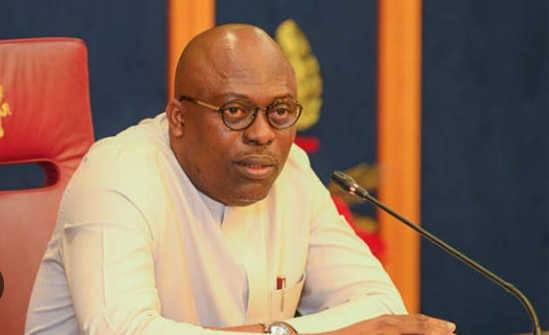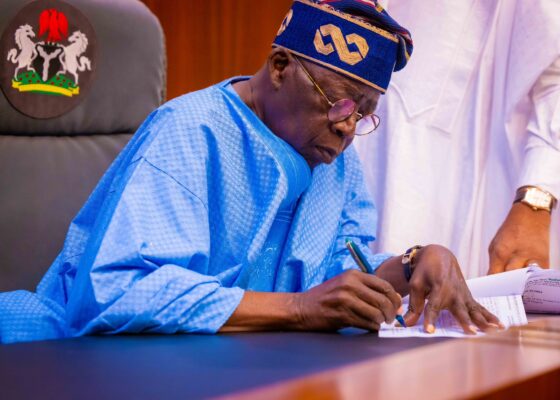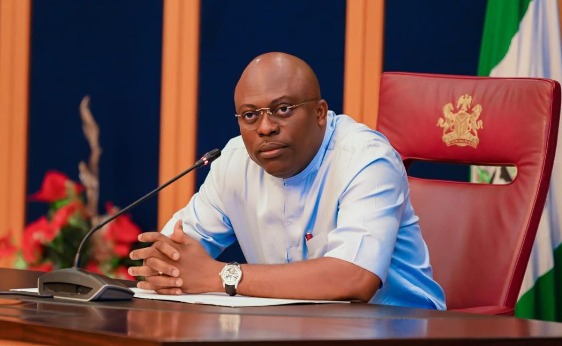
BREAKING: Fubara Resumes Thursday as Tinubu Ends Rivers Emergency Rule
- Nigeria News
- 18.09.2025
- No Comment
- 129
BREAKING: Fubara Resumes Thursday as Tinubu Ends Rivers Emergency Rule
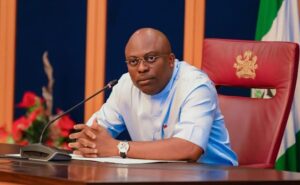
This decision paves the way for Governor Siminalayi Fubara, his deputy Ngozi Nma Odu, and members of the Rivers State House of Assembly to return to office starting
Thursday, September 18, 2025.
The move marks the restoration of democratic governance and institutional stability in one of Nigeria’s most politically significant states, following months of tension and legal battles.
27 lawmakers loyal to Speaker Martins Amaewhule. The conflict left the state’s government non-functional, prompting fears of anarchy and lawlessness.
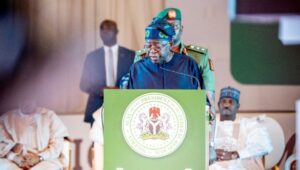
The emergency proclamation, backed by the National Assembly, suspended the offices of the Governor, Deputy Governor, and elected members of the State House of Assembly for six months.
Vice Admiral Ibok-Ete Ekwe Ibas (retd.) was appointed as the Sole Administrator of Rivers State during this period, managing the state’s affairs while the political crisis played out.
Related News: President Bola Ahmed Tinubu Ends the six-month state of emergency in Rivers State
Rivers APC Ready to Work with Fubara, Says Okocha
President Bola Ahmed Tinubu Ends the six-month state of emergency in Rivers State
“It therefore gives me great pleasure to declare that the emergency in Rivers State of Nigeria shall end with effect from midnight today.
The Governor, His Excellency Siminalayi Fubara, the Deputy Governor, Her Excellency Ngozi Nma Odu, and members of the Rivers State House of Assembly and the Speaker, Martins Amaewhule,
will resume work in their offices from 18 September 2025.”
Tinubu emphasized that the decision followed the restoration of peace and order in the state and the readiness of all stakeholders to return to normal democratic governance.
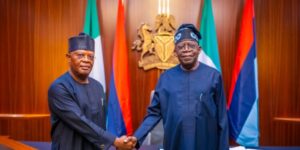
The ruling effectively shielded the Governor from removal attempts initiated by rival factions in the House of Assembly.
Legal experts have hailed the court’s intervention as a step toward reinforcing the rule of law and ensuring a peaceful resolution of political disputes in Rivers State.
It signals the federal government’s confidence in the ability of Governor Fubara and other political actors to restore normalcy and focus on governance.
Rivers State, one of Nigeria’s top oil-producing regions, is crucial to the country’s economy.
Analysts believe that restoring democratic governance in the state will improve investor confidence, stabilize local politics, and enhance service delivery to residents.
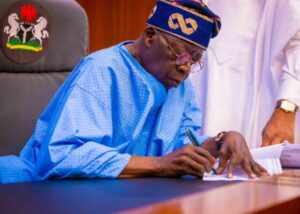
According to him, sustained collaboration between political stakeholders is essential to deliver the dividends of democracy to Nigerians.
“This is undoubtedly a welcome development for me and a remarkable achievement for us.
I therefore do not see why the state of emergency should exist a day longer than the six months I had pronounced at the beginning of it,” Tinubu said.
Tinubu’s remarks highlight the importance of institutional stability, compromise, and respect for constitutional provisions in sustaining Nigeria’s democracy.
Political observers expect Fubara to engage in dialogue with the House of Assembly members and other stakeholders to ensure lasting peace.
The Governor is also expected to focus on revitalizing the state’s economy, improving infrastructure, and restoring public trust in government institutions after months of federal control.
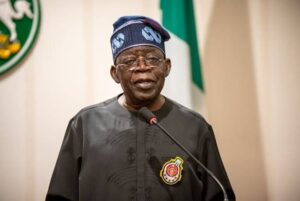
Many have described the move as timely, given the expiration of the six-month emergency proclamation.
Analysts note that the combined effect of the court’s ruling halting impeachment proceedings and the President’s decision to lift the emergency rule
may create a more stable environment for governance in Rivers State.
mark a turning point in the state’s political history.
After months of uncertainty, democratic governance is set to return, offering renewed hope for stability, development, and collaboration.
As Rivers State transitions back to civilian rule, stakeholders will be closely watching the actions of Governor Fubara’s administration and the legislature to ensure that
the mistakes of the past six months are not repeated. The success of this transition could serve as a model for other states facing political crises in Nigeria.

